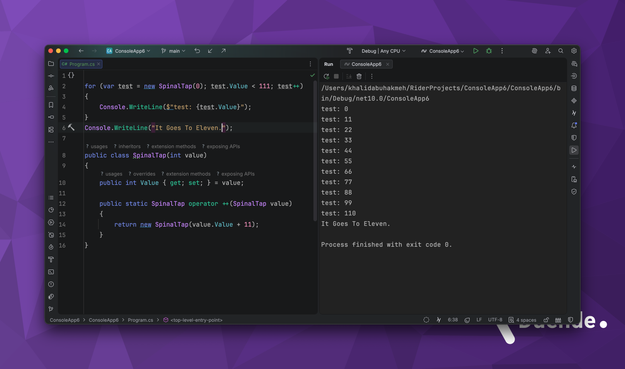2025-12-25 00:50:59
Chinese humanoid robot startup Galbot raised over $300M led by China Mobile's industry investment fund at a $3B valuation, bringing its total funding to $800M (Eudora Wang/DealStreetAsia)
https://www.dealstreetasia.com/stories/galbot-raises-over-300m-467245





